This is 45.
“She looks more like 50 🥴”
“I don’t mean to be mean, but you look more like 47 to 51.”
“Korea is in.”
These are just some of the comments I received when I posted a photo of myself, that I captioned:
“This is 45.”
The post was followed by a thread discussing my thoughts on turning 45. Ironically, I ended the thread with a description of what it feels like having my body constantly subjected to scrutiny:
This is 45: to survive. To survive the indignity of eyes, the cutting gaze, the fingers too eager to climb into the soft flesh I can’t keep mine.
I posted the photo only to lend context to what I wrote, a visual aid to the self-examination I documented in the writing that accompanied the photo (hence the phone in the selfie). But, apparently, I’d inadvertently fallen into a trend–wherein folks post photos of themselves at a given age, inviting the public to weigh in with things like “wow! You look great!” or “a hot 45!” or “you look 25!” Indeed, many kind people did just that (ok, no one told me I looked 25 lol), while also wishing me a happy birthday.
And, of course, there were a handful who took the opportunity to prove my point.
We live in a culture obsessed with looking young. This obsession is particularly acute with women, who not only have to shoulder the well-documented double standards of aging, but also have to deal with signs of aging earlier than men. And this preoccupation with looking young shows no signs of waning. According to a survey conducted in 2021, “millennials are starting to use anti-aging products at an average age of 26, while today’s 55-year-olds started using such products at an average age of 47.” (Statistica.com.)
As a Korean woman, I sometimes feel I’m letting my entire race down by looking my actual age. I’ve spent the past decade running 5 times a week–outside. No matter how much sunblock I wear, my skin will not look the same as my mother’s, who, for the past 50 years, has spent 95% of her life indoors. I’ve subjected my body to years and years of yo-yo dieting, rendering my skin about as elastic as one of those crusty old rubber bands you find buried beneath a pile of spiral notebooks at the bottom of the desk drawer you haven’t cracked open since you were 15 years old.
And, unlike many of my peers, I do not wear makeup that often, certainly not on a daily basis like my mother. I wish I could say I do so as some bold, courageous statement about how my plain face should be enough, but the truth is, I avoid makeup because (a) I don’t like to try and “prettify” myself if I’m otherwise unhappy with my body’s appearance, and (b) I hate the idea of having to take off my makeup before going to bed.
I imagine that “youthfulness” as a component of “beauty” and “desirability” originates, in part, from the idea that youth is a proxy for “still has a lot of life left” or “not about to die.” After all, not wanting to die any time soon is an understandable thing. Youthfulness also denotes both physical and mental agility, that the inevitable stiffness in one’s bones and the ontological hoar of aging remains far off in the distance. Youth, at a certain point, equals capacity, while old age represents the opposite. Look no further than the upcoming US election, where the biggest concern for the incumbent candidate is how old he is. In other words, at some point, youthfulness was a desirable quality because youth translated, roughly, into health–both physical and intellectual.
But how many of those 20-something year olds plunking down their hard earned wages on this month’s new skincare product are investing equal sums in longevity?
What I found so telling was that the same page I reviewed for stats on anti-aging provided the following illuminating caveat:
Anti-aging should not be confused with longevity. To put it short, while the first is focused on lessening (some of the most obvious) effects of aging, the latter’s aim is to extend the actual lifespan.
Let me tell you–that $500 tube of Retin-A is not going to prevent cancer, reduce your bad cholesterol, or clean out the plaque building up in your arteries. As I’ve talked about before, many of us don’t care enough about actually living longer until we, or someone we love, grow dangerously close to the fangs of mortality. At that point, we don’t give two s***s about makeup, wrinkles, white hairs, or saggy skin. We’d gladly incur all of that and more if it meant having just a few years, months, or even days with the ones who make life worth living.
As the days roll inexorably towards an opaque conclusion, it’s easy to lull ourselves into believing that today will look a lot like yesterday and that tomorrow will look a lot like today. But one morning, you’ll wake up and discover four white hairs you’ve never seen before, a line down the side of your face that refuses to melt away when you smile, and an ache in your feet that has become as pervasive as the distant drone of traffic.
I spend the day Googling “botox” and “black hair dye” and “plantar fasciitis” but go to bed at night harboring a thorn in my chest, one that wriggles around and needles me with the thought that one day, I might wake up, turn my head, and the man I’ve loved for half my life won’t be there anymore to say, “good morning, my love!” the way he always does; or that one day, he’ll wake up, turn his head, and wonder at how he grew to miss the voice that used to whine,
“Babe?”
What?
“Nothing.”
Do you have thoughts on aging and longevity?
Around The Horn
In response to A Deficit in Faith:
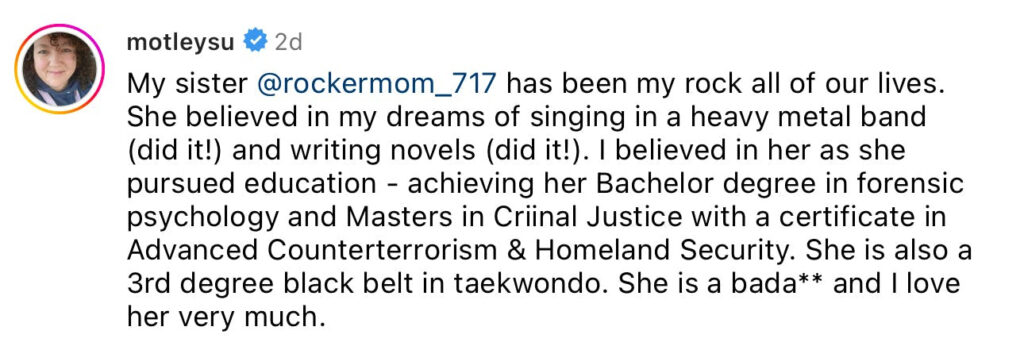
This Week’s Recipe Inspo.
This week’s recipe comes right out of my Longevity Recipes series–Healthy and Easy Vegan Japchae!
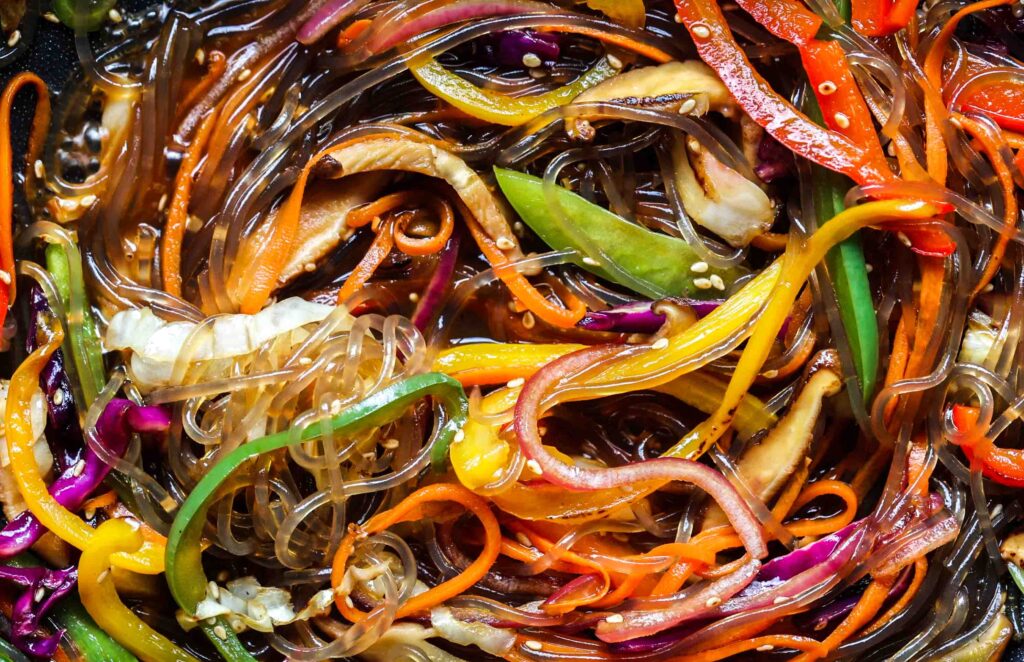
What I’m…
- Watching. Ok, I finished Queen of Tears and it was EXCELLENT. It is currently the drama of the moment, with multiple viral videos capturing reactions to the finale from across the globe. Whether you’re a K-drama vet or a complete neophyte to this category of streaming content, I highly recommend that you give this a go. A good friend of mine watched all 16 episodes in one day. She reportedly could NOT stop watching!! Watch Now –>
- Reading. I had the pleasure of getting a sneak peek at Youngmi Mayer’s debut memoir, I’m Laughing Because I’m Crying. For those of you who are unfamiliar with her work, Mayer is a NY based comedian and writer who shares tragically relatable snippets of her life as a single mother and Korean American woman. Her book is exactly what the title suggests–a story that would make you cry if you weren’t already laughing. Mayer writes with the kind of rawness that is at once abrasive and tender, in its capacity for making you feel the safety of knowing you’re not alone. Order This Book –>
- Listening To. I recently had the pleasure of being a guest on The Bright Side podcast, hosted by two rockstar women and storytellers, Danielle Robay and Simone Boyce. Check out the conversation below! Listen Now –>
Parting Thoughts.
A few years ago, I visited a Korean spa–the kind where, if you pay extra, you can have an old lady scrub you within an inch of your life with a pair of gloves that feel a lot like they’re made of sandpaper. When it was my turn, she escorted me over to the “massage” area–a row of slick but sturdy tables that seemed built right out of the tiled surface of the spa, surrounded by pink buckets, hoses, and floral shampoo bottles. She gestured at me to get onto her assigned table as she put on her gloves. She was an older woman, about the age my grandmother was when I was a teenager (in her late 60s), but naked (as everyone was), I could see the outline of powerful muscles along her upper back and shoulders.
I trundled up onto the table and asked her, in halting Korean, whether I should lie face up or down, and without saying a word, she guided my body until it was lying face down, my cheek pressed against the pink vinyl table cover. A woman of few words, I thought to myself, as she proceeded to pull my hair into a tight knot, so she could have unobstructed access to my neck and the area behind my ears.
I was no stranger to Korean style exfoliation–when I was a little girl, my mother and grandmothers both scrubbed my body until the bathtub was littered with dark flecks of dead skin. When I was 10 years old, I visited my very first Korean bathhouse–my aunt’s home in Korea (where I was staying) was not equipped with a shower or bathtub, so going to the public bathhouse was the only way to wash myself. Once there, my cousin explained that exfoliation was part of the process and insisted that I get it done. This was the first time a woman I didn’t know put her hands on my body, but the shame of being naked in front of a stranger quickly gave way to the sting of her gloves.
Three decades later, I was still surprised at how aggressively the hahlmuhnee scoured me. My body shook in rhythm with her exertion and flakes of skin flew across the room. Within minutes, I felt raw and peeled open like a quivering mandarin on this woman’s table. At one point, she leaned in and whispered in Korean:
It hurts, doesn’t it?
She resumed her attempt to flay me while I gritted my teeth and reminded myself that I’d signed up for this, actually paid extra for this. A few minutes later, she slapped my rear as a signal that she was finished with that side and that it was time to flip over. I readily obliged. She pulled my right arm over my head and scrubbed the entire length of me, from wrist, to armpit, to waist, to hip, to thigh, to knee, to ankle, to foot. She followed this path on the right side of my body multiple times, until she was finally satisfied that I had no more skin she had the power to remove. At which point, she moved to the other side of the table to repeat the process on the left side of my body.
Once more, she pulled my arm up above my head and began at my wrist, rotating her hands in tight, quick circles across my flesh. She moved efficiently across my wrist, the soft part of my inner elbow, my bicep, and my underarm with the same cadence she’d employed to attack the right side of me. But then she came to my left breast and…
paused.
I knew instantly why. I had a dull brown line across my breast, a small souvenir from when a series of irregular mammograms led to a biopsy (which, thankfully, turned out to be nothing). She pressed the sandpaper gloves against me gently, then, almost tenderly, before moving away, down my torso and to my hip, where again, she
paused.
A small brown circle, slightly raised. The scar from when they’d removed the tumor that had been growing on my ovary. It had grown infected in the days after–so much so, I’d developed a bad fever and nearly fainted at work. Once more, the hahlmuhnee’s hands grew not hesitant, but more attentive, as if she’d seen such markers of life before, perhaps even bore them herself, and she wanted to reassure me, my skin, my whole body that her expert hands–hands that had seen every manner, shape, size, and age of female form–knew how to attend the particular wounds of womanhood.
Yes, it hurts, I thought in answer to her question. I stared straight up at the ceiling and tried not to cry.
Wishing you all the best,
-Joanne

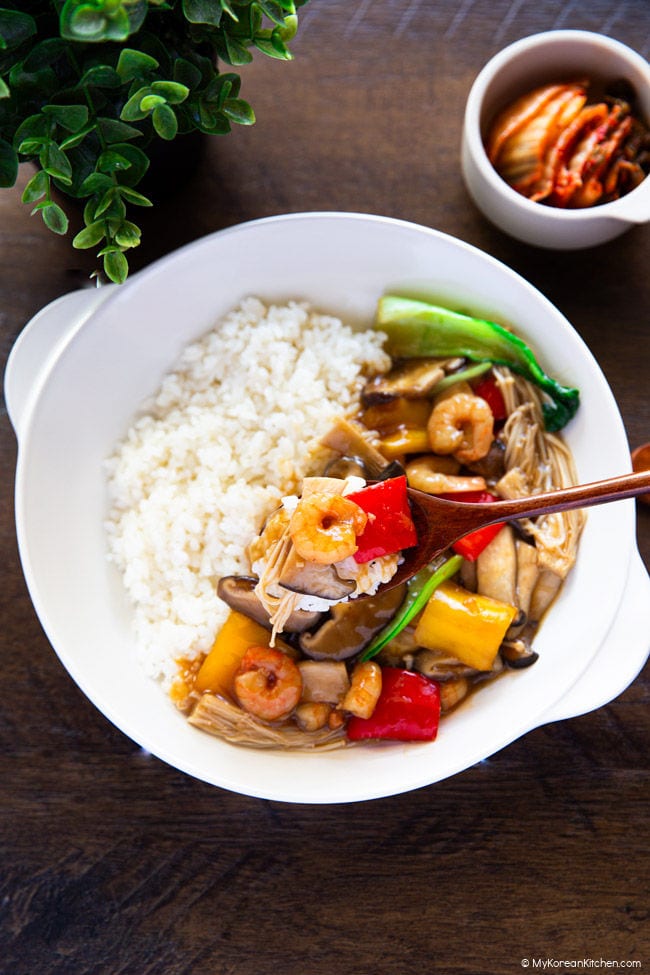
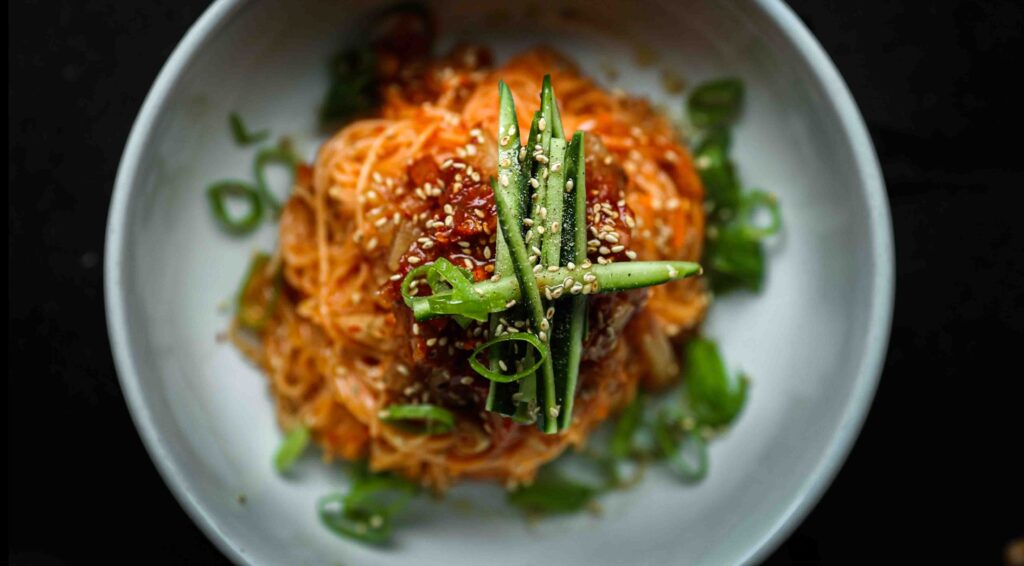





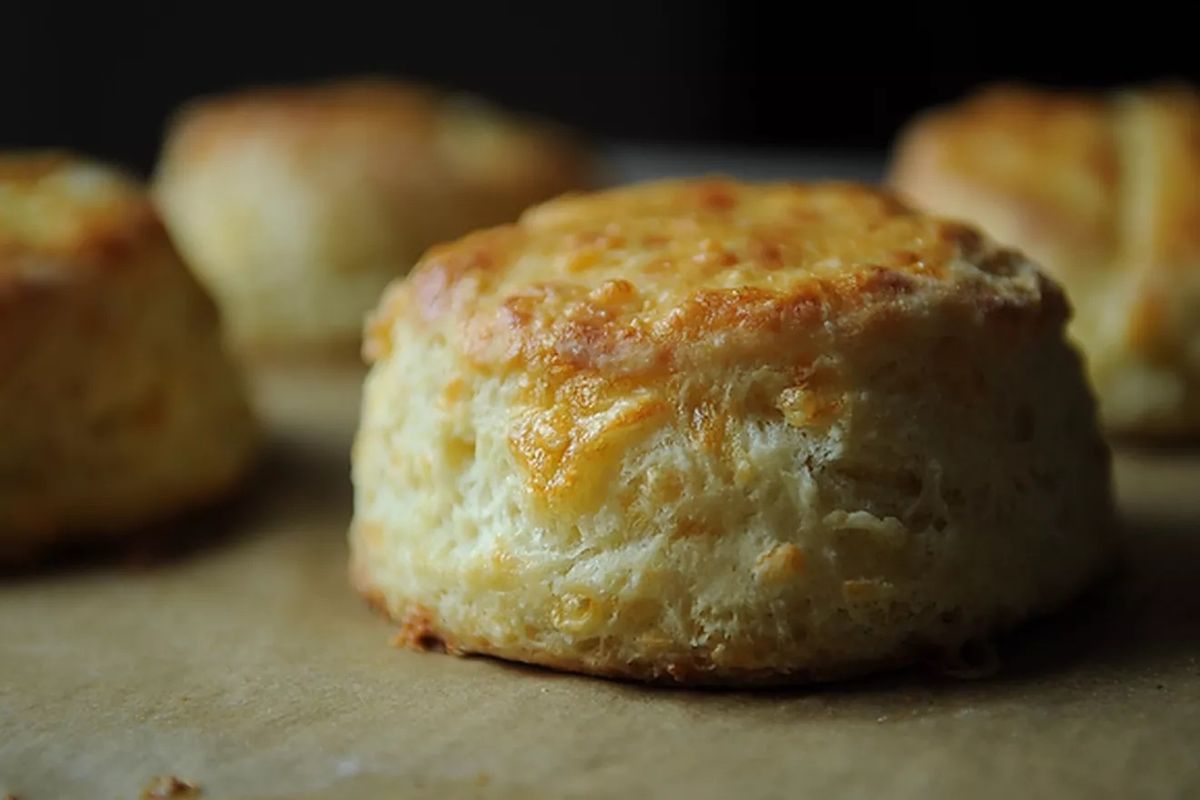
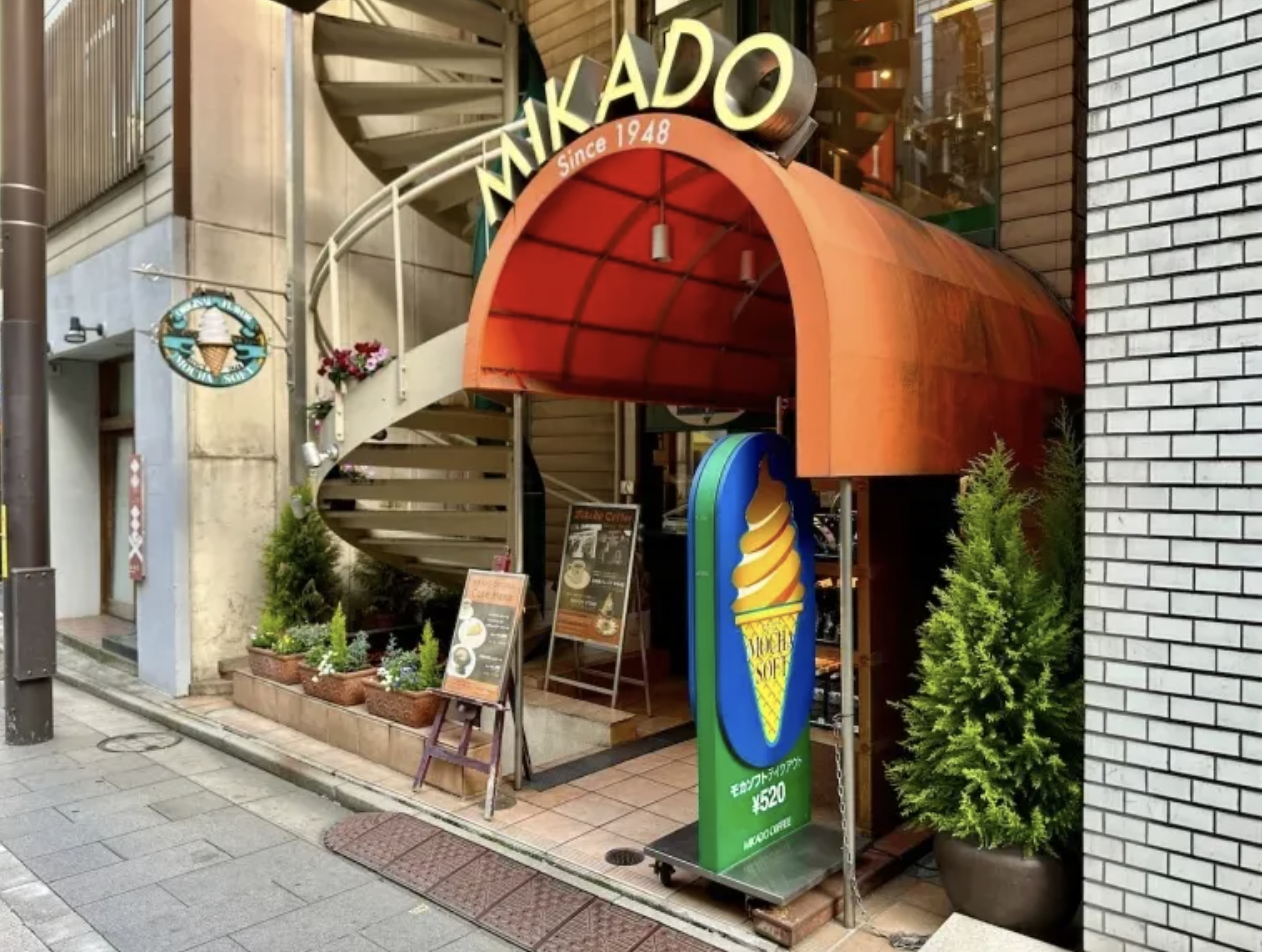
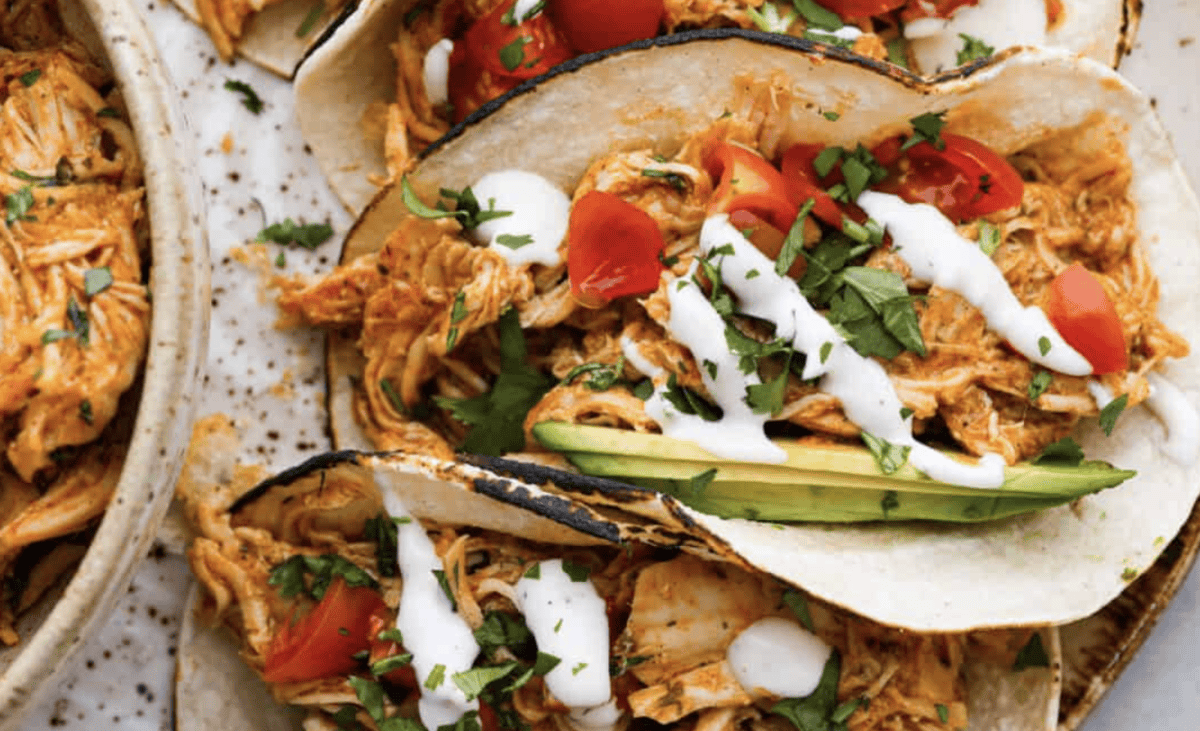
 English (US) ·
English (US) ·